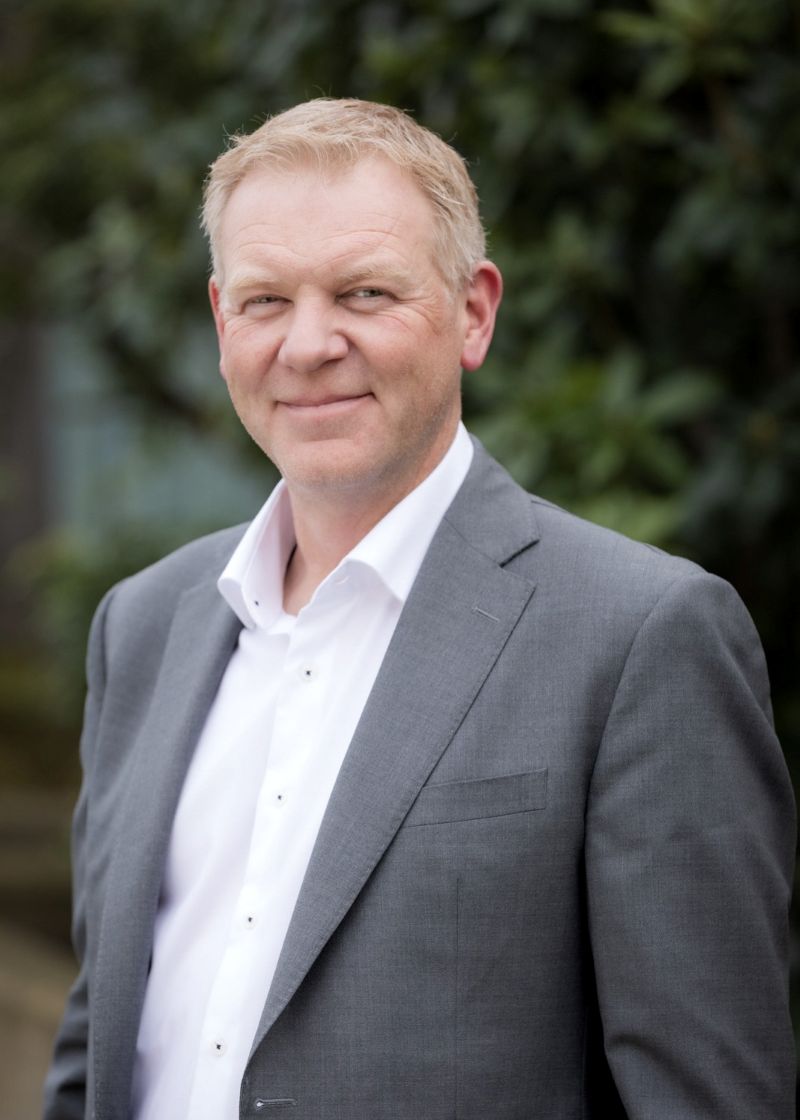Climate Solutions Council members
The Climate Solutions Council is made up of leaders representing Indigenous Peoples, environmental organizations, industry, academia, youth, union and local government.
On this page
Council co-chairs
Madeleine McPherson, associate professor, Department of Civil Engineering, University of Victoria
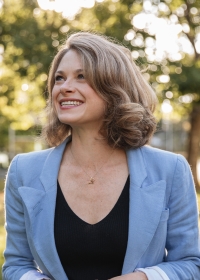
Madeleine McPherson is an associate professor in the Department of Civil Engineering at the University of Victoria. She is also the associate director of the Institute for Integrated Energy Systems.
Madeleine is the principal investigator of the Sustainable Energy Systems Integration & Transitions Group. Her team builds models to study how energy systems work together. These systems include transportation, buildings, and electricity.
Madeleine is also a co-founder and co-director of the Energy Modelling Hub. The Hub brings together modelers and stakeholders from across Canada. They work together to find ways to reduce emissions in the energy system.
Madeleine’s research includes:
- Inter-provincial transmission
- Renewable energy integration
- Electrification pathways
- Energy-economy modelling
She also worked as a postdoctoral research fellow at the U.S. National Lab of the Rockies (formerly the National Renewable Energy Laboratory).
Madeleine helps design practical ways to reduce emissions. She plays a key role in the energy transition. Her work provides clear, evidence-based information to plan for a low-carbon future.
Conor Reynolds, director, air quality and climate action services, Metro Vancouver
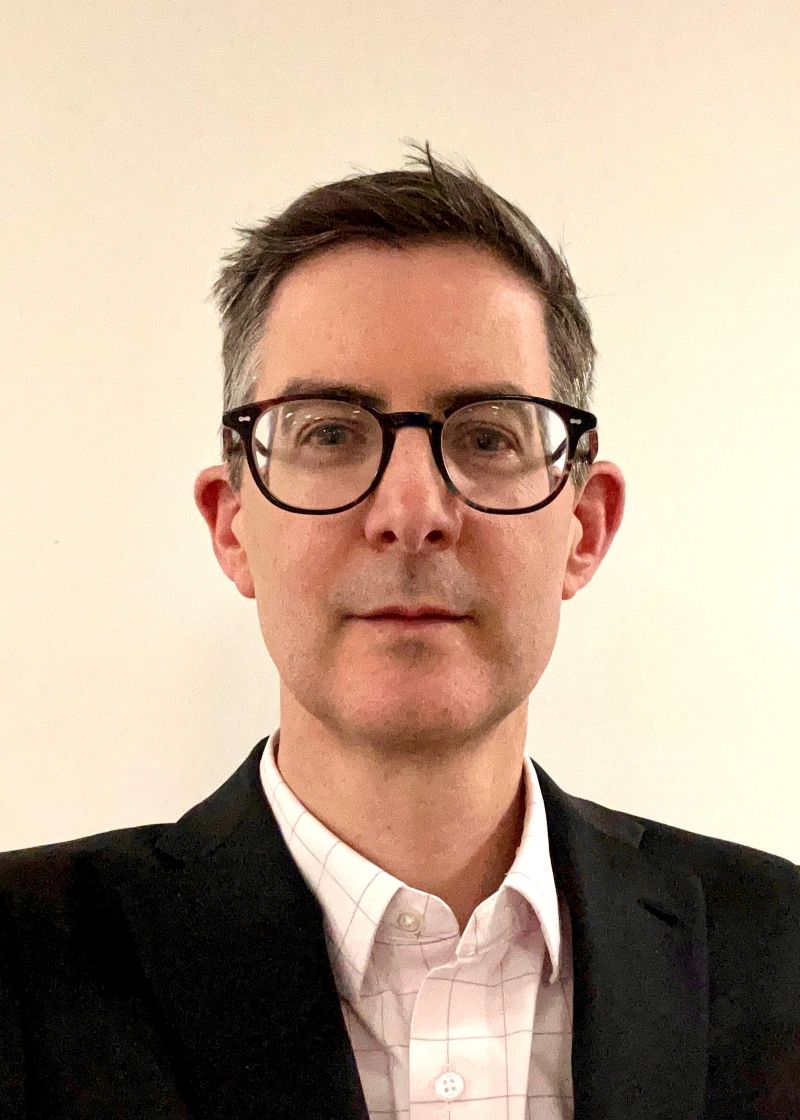
Conor Reynolds is the director of Metro Vancouver’s Air Quality and Climate Action Services team. Conor has worked at Metro Vancouver for 15 years, and is responsible for the regional air quality management program and regional climate policy coordination. He oversees regional plans, policies, regulations, and projects that aim to improve air quality and reduce greenhouse gas emissions. He currently serves as staff committee manager for the Metro Vancouver Air Quality Committee, which advises the regional district board.
Conor is a professional engineer with more than 25 years of experience. He holds a PhD in resource management and environmental studies, focused on reducing emissions from on-road transportation. He also holds a Master of Applied Science in mechanical engineering from the University of British Columbia.
Conor has also contributed to the engineering profession through volunteer work with Engineers and Geoscientists BC. This includes leadership roles on its Climate Change Advisory Group. In 2019, he received the Fellow of Engineers Canada designation in recognition of this service. He also serves on the Robert B. Caton Scholarship Committee, which supports graduate studies in atmospheric science and air quality.
Council members
Thomas Green, senior climate policy adviser, David Suzuki Foundation
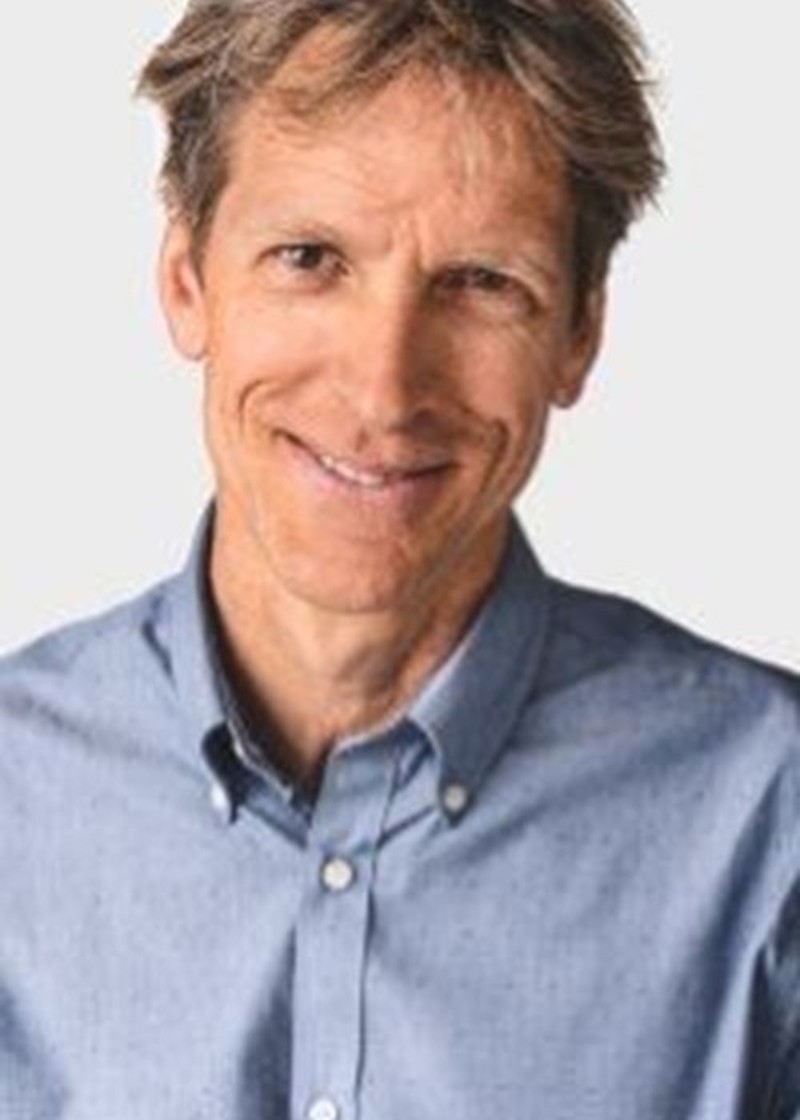
Thomas Green is a senior climate policy adviser at the David Suzuki Foundation. He works to advance climate policies that reduce emissions and support a clean economy. This work focuses on clean energy that is affordable and reliable.
He advocates for strong federal and provincial climate policies. These include policies on methane, transportation, clean electricity, carbon pricing, and limits on oil and gas emissions.
From 2019 to 2022, Thomas led the Foundation’s Clean Power Pathways project. The project combined electricity modelling research with public engagement. Its goal was to support a national zero-emissions electricity grid by 2035.
Thomas holds a PhD from the University of British Columbia. He has conducted research and taught at universities in Canada and abroad, which include:
- Universidad del Rosario in Bogotá, Colombia
- Simon Fraser University
- Royal Roads University
- Quest University Canada
- Stockholm Resilience Centre
Thomas was also a founding member of the Canadian Society for Ecological Economics.
Earlier in his career, Thomas worked as director of socioeconomics for the Rainforest Solutions
Thomas Gunton, professor, School of Resource and Environmental Management, Simon Fraser University
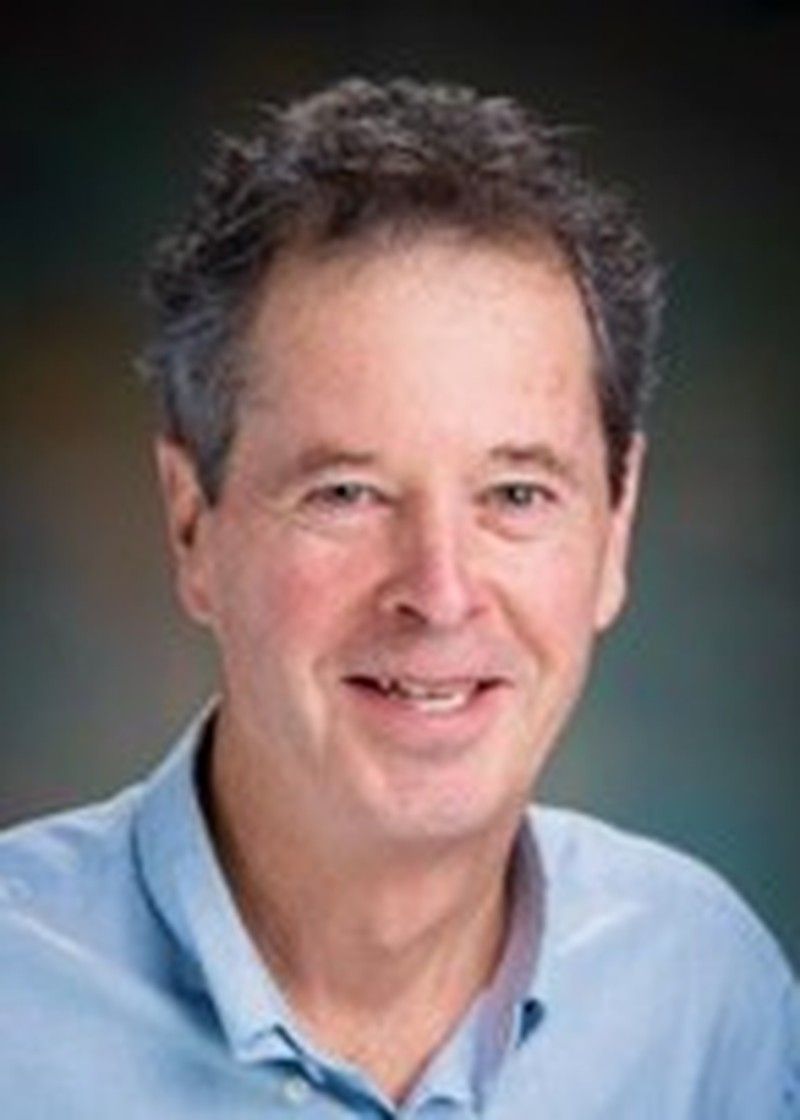
Thomas Gunton is a professor in the School of Resource and Environmental Management at Simon Fraser University.
In addition to his academic work, he has held senior roles in government, including:
- Deputy Minister of Environment, Lands and Parks
- Deputy Minister of the Cabinet Policy Secretariat
- Deputy Minister of Finance (Treasury Board) for the Government of British Columbia
- Assistant Deputy Minister of Energy and Mines for the Government of Manitoba
While working in government, Thomas helped develop new environmental impact legislation. He also supported the creation of new regulatory agencies. His work included climate and environmental policy development.
Thomas has worked with clients across government, the private sector, non-governmental organizations, and Indigenous communities. He provides policy advice on environmental, social, and economic issues.
He has also served as an expert witness. In this role, he has provided evidence on economic and environmental issues to regulatory bodies, including:
- National Energy Board
- Canadian Energy Regulator
- Ontario Energy Board
- Manitoba Public Utilities Commission.
Patricia Lightburn, director, policy for British Columbia, Canadian Renewable Energy Association
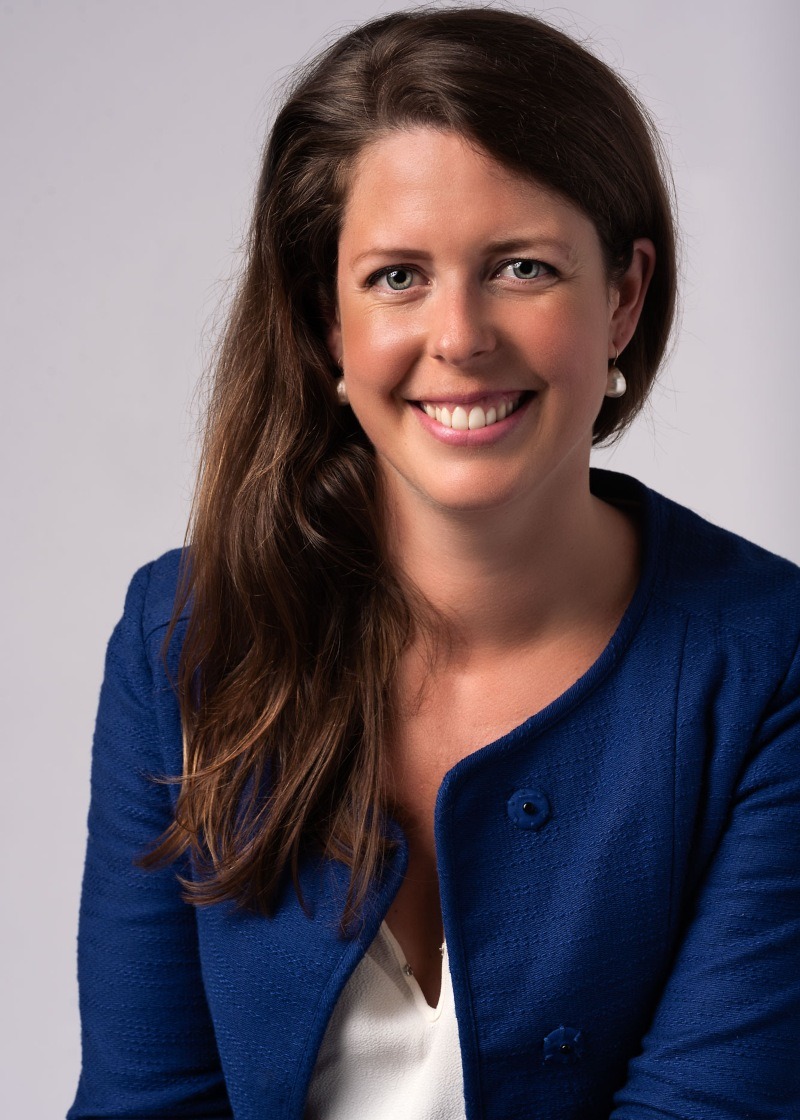
Patricia Lightburn is a senior leader in the climate and clean energy sector, having worked on climate policies and programs across Canada for nearly 20 years.
As the BC Policy Director at the Canadian Renewable Energy Association, she works with industry members and partners to move shared priorities forward in the B.C. market.
Patricia’s experience spans public, private, and non-profit sectors. Her past roles include:
- consulting with Dunsky Energy + Climate Advisors
- leading climate policy at the David Suzuki Foundation
- supporting government and regulatory affairs at Innergex Renewable Energy
- designing renewable energy procurement programs at the Ontario Power Authority (now IESO)
Patricia also worked at the International Energy Agency while completing her master’s degree at Sciences Po Paris.
Patricia lives in Squamish with her family and volunteers on the board of directors for Squamish Climate Action Network and Small Housing BC.
Scott Lunny, director, United Steelworkers District 3
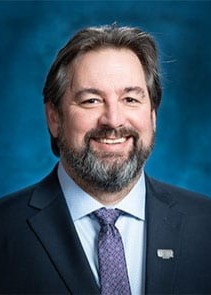
Scott Lunny is the Director of United Steelworkers District 3. He represents more than 45,000 members across western and northern Canada.
Scott was elected to the United Steelworkers International Executive Board in 2021 and began his term in 2022. He has more than 30 years of experience in the labour movement. He has held senior leadership roles, including assistant to the director and staff representative.
Scott holds a Bachelor of Commerce in Industrial Relations from the University of British Columbia. He has also completed executive and public policy training through Harvard University and United Way. Over the course of his career, he has served on many boards and advisory committees.
Eden Luymes, conservation campaigner, Canadian Parks and Wilderness Society of BC

Eden Luymes is a youth climate activist focused on environmental policy and climate justice. She was born and raised in the Fraser Valley. She currently works as a conservation campaigner with the Canadian Parks and Wilderness Society of BC.
Eden holds a master’s degree in political science from the University of British Columbia (UBC). She also holds undergraduate degrees from UBC and the Paris Institute of Political Studies. Her studies focused on political science and international relations.
Her academic research looks at climate justice and global climate governance.
Eden has worked with environmental and government organizations, which include:
- BC Parks
- United Nations Environment Programme
- Stanley Park Ecology Society
- Thetis Island Nature Conservancy.
She also served as a youth delegate with the British Columbia Council for International Cooperation to the 2021 COP26 conference in Glasgow.
Eden sees climate action as a chance to improve our relationship with the Earth and with each other. She is proud to represent youth perspectives on the Climate Solutions Council.
Scott Maloney, vice president environment, Teck Resources
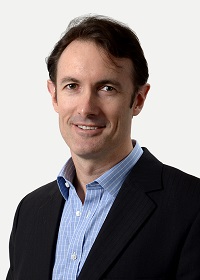
Scott Maloney is vice president, environment at Teck Resources. Teck is a Canadian mining company focused on responsibly providing the metals essential for global development and the energy transition, including copper and zinc.
Scott has worked in sustainability and climate roles for 30 years. He began his career as a regulator. He later worked in the mining industry. His work has taken place in Australia, Asia, Africa, South America, and Canada.
He has worked in the petroleum, waste management, and mining sectors. He has also helped reduce greenhouse gas emissions, and has chaired the Climate Change Working Group for the International Council on Mining and Metals.
Scott holds a Bachelor of Chemical Engineering with honours from Monash University. He also holds a Master of Business Administration from Curtin University.
Nangkilslas, Trent Moraes, deputy chief councillor, Skidegate Band Council
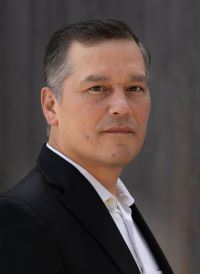
Nangkilslas, Trent Moraes, is a Haida leader from Skidegate, Haida Gwaii. He currently serves as Deputy Chief Councillor for the Skidegate Band Council.
Trent has over a decade of experience in administration as director of energy. In his role, he helped establish and manage Skidegate’s energy portfolio.
Trent is an active member of various groups, including the First Nations Home EnergySave Committee and the Indigenous Clean Energy Opportunity Electricity Table.
He also chairs several initiatives such as:
- Indigenous Service Canada Aboriginal Capital Committee
- Indigenous Climate Adaptation Working Group
- Indigenous Coastal Climate Coalition
- Remote Community Energy Strategy Working Group (RCESWG)
In 2024, the RCESWG received a Premier’s Award. Recognized for Innovation and Excellence for regional impact.
Trent supports local energy solutions that reflect community needs. He has led projects that assess community priorities and help reduce energy use. His work also supports clean energy for homes and community buildings. This includes solar hot water and solar panels.
His efforts support First Nations in advancing energy projects. He also supports communities in preparing for climate change.
Donna Phillips, executive vice president, corporate development, Pacific Canbriam Energy Limited
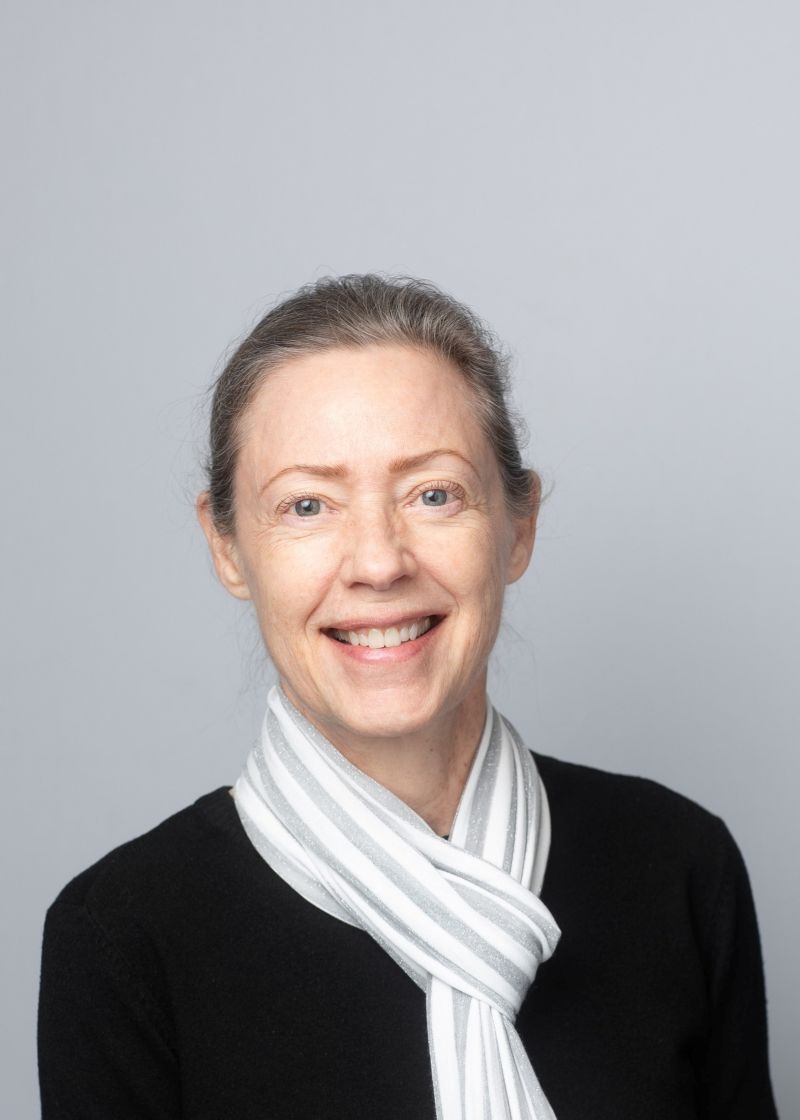
Donna Phillips is the executive vice-president of corporate development at Pacific Canbriam Energy Limited. She leads initiatives related to corporate growth, sustainability, Indigenous engagement, government relations, and stakeholder partnerships.
She has more than 30 years of experience in the energy sector, with a focus on finance, environmental stewardship, community relations, and land and resource negotiations. Since joining Pacific Canbriam in 2007, Donna has played a key role in advancing the company’s natural gas development strategy and its efforts to support lower‑carbon energy systems.
Donna serves on the board of directors of AnorTech Inc. and is a member of the steering committee for the Clean Resource Innovation Network. Her past governance roles include chair of the board of Geoscience BC, director of Saltworks Technologies, and director of the Canadian Society for Evolving Energy. Through these positions, she has supported innovation, clean‑technology development, and collaborative approaches to sustainable resource management.
She holds a Bachelor of Administration from the University of Regina. She is a CPA, CMA, and has earned the ICD.D designation from the Institute of Corporate Directors.
Zara Rabinovitch, vice president, sustainability and public affairs, BC Council of Forest Industries
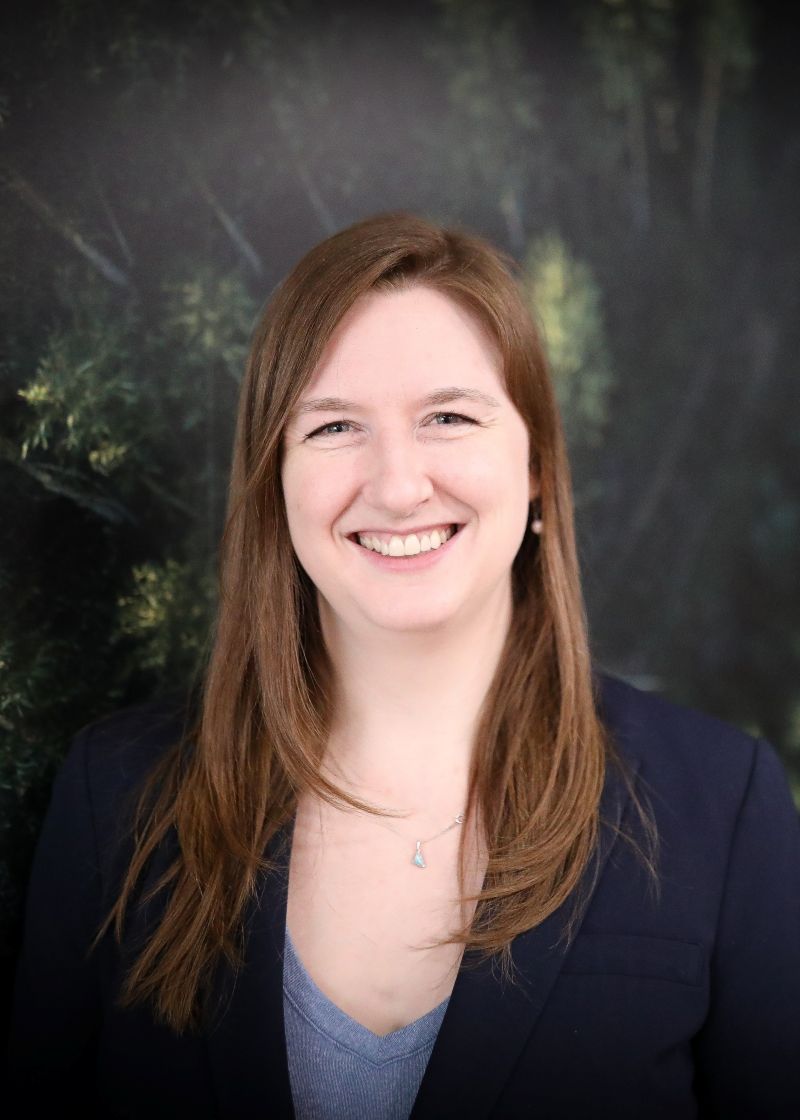
Zara Rabinovitch is the vice-president of sustainability and public affairs at the BC Council of Forest Industries (COFI). She leads work to strengthen the forest sector’s role in a low-carbon, circular economy.
She advises COFI’s chief executive officer and board on environmental regulation and government relations. She also advises on public affairs issues that affect the sector’s competitiveness.
Before joining COFI, Zara worked as a senior policy advisor to federal ministers. Her work focused on international trade and natural resources. While in Ottawa, she helped develop national resource and climate initiatives. These included the Forest Bioeconomy Framework and the Generation Energy Dialogue.
She also contributed to Canada’s work on the World Trade Organization reform and softwood lumber trade.
Zara represents the forest sector on the ministerial mass timber advisory council. In this role, she provides expertise on expanding low-carbon building materials. This work supports sustainable forest management.
She also serves on the board of directors of the Canada Wood Group. This role supports alignment between international market development and provincial and federal priorities.
Zara’s experience also includes documentary film production and strategic communications for international research organizations.
Zara holds a Master of Science in comparative politics from the London School of Economics and Political Science. She also holds a Bachelor of Arts in political science from the University of British Columbia.
Andrea Reimer, community organizer, educator and policymaker

Andrea Reimer is a long-time community organizer, educator and policymaker. She served four terms in local government in Vancouver, including 10 years at Vancouver City Council from 2008 to 2018. During this time, she led the Greenest City initiative. She helped make Vancouver the first major city in the Americas to commit to 100 percent renewable energy, and the first government in Canada to commit to implementing the articles of the United Nations Declaration on the Rights of Indigenous Peoples.
While on Vancouver City Council, Andrea was appointed to the Metro Vancouver Regional District. She served as vice-chair of the Climate Action Committee. She also served as the vice chair of the national Green Municipal Fund.
Andrea has received several awards for her policy leadership. In 2019, she was awarded a Loeb Fellowship at Harvard’s Graduate School of Design. After returning to Vancouver, she founded Tawâw Strategies, a strategic consultancy firm that supports courageous leaders in making bold policy decisions. She also teaches power literacy at the University of British Columbia and Simon Fraser University.
Andrea serves on several boards, including TransLink.
Michelle Staples, mayor of Duncan

Michelle Staples has a background in environmental activism, beginning in her early teens. Her early experiences led her into farming and permaculture, and later into teaching others about sustainable climate action.
She has worked for over 10 years as a facilitator, engaging youth in climate action, hope and learning. She has also worked with an Elders team from Cowichan, delivering presentations on the impacts of climate change on culture, climate grief, protection and ecosystem restoration.
Michelle became the City of Duncan’s first female mayor in 2018 and is currently serving her second term. She is a founder and co-chair of the Vancouver Island and Coastal Climate Committee. Through her regional role, she was also appointed to the Cowichan Watershed Board.
Michelle is committed to completing her Master of Integrated Studies. She has an educational background in business administration and applied communication.
B.C. Government (ex officio)
Peter Pokorny, deputy minister, Ministry of Energy and Climate Solutions
Peter Pokorny was appointed deputy minister of Energy and Climate Solutions (ECS) on November 18, 2024.
Before joining ECS, Peter served in senior leadership roles across government. He served four years as associate deputy minister at the Ministry of Health and three years as deputy minister at the Ministry of Agriculture and Food.
At the Ministry of Health, Peter was responsible for health system operations. This included leading the operational response to the COVID-19 pandemic and overseeing the procurement of personal protective equipment for the health system.
As deputy minister of Agriculture and Food, Peter built strong relationships with farmers, ranchers and industry associations. He also helped the sector manage a series of major challenges, including:
- floods
- drought
- wildfires
- extreme cold
- an avian influenza outbreak
Peter has more than 20 years of experience in the BC Public Service. His career includes leadership roles at:
- BC Energy Regulator
- Ministry of Finance
- Ministry of Transportation
- Ministry of Forests, Lands and Natural Resource Operations
- Ministry of Energy, Mines, and Petroleum Resources
Peter holds an honours bachelor’s degree in political science from Brock University. He also holds a master’s degree in public administration from the University of Victoria.

